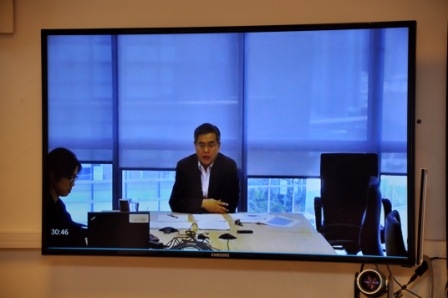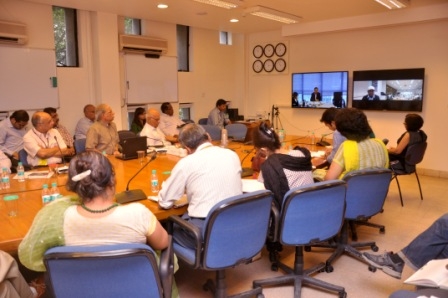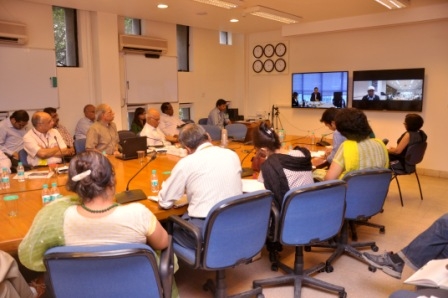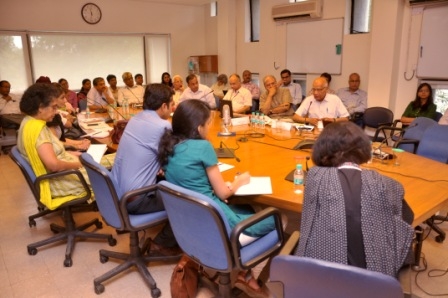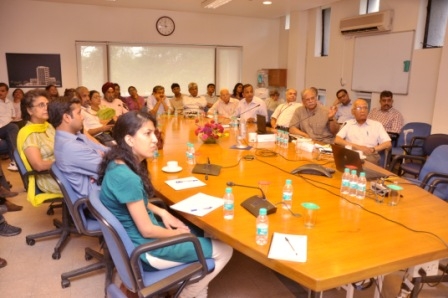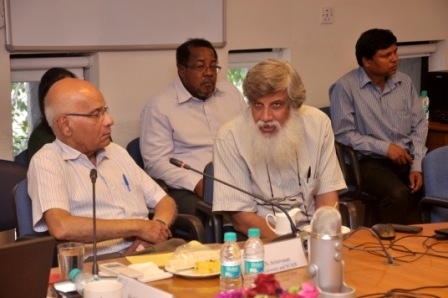Reinventing the Indian Planning Commission: Lessons from China's National Development and Reform Commission
03 Sep 2014
Past Event

As debate and speculation rage in New Delhi about a new avatar of the Indian Planning Commission following Prime Minister Modi’s Independence Day speech, it is useful to look at institutions in other countries that started out similarly to the Indian Planning Commission but whose roles have changed over time. The most prominent among these is perhaps China’s National Development and Reform Commission (NDRC). The role of the NDRC in China’s transformation from a centrally planned to a market economy has been crucial, but is also puzzling to many outside observers. NDRC’s powers appear to have paradoxically expanded at the same time as the Chinese economy has moved rapidly towards a mixed economy in which the market plays a more decisive role in allocating resources and cities are becoming the centres of decision-making. The key to understanding the role of the NDRC may be to appreciate China’s tiao-kuai governance matrix (vertical line of central control and horizontal blocks of regional competition), in which regional autonomy and central authority interact organically to generate a dynamic process of local experiments, regional competition, central planning, and market regulation.
In this seminar held at NCAER, Professor Xiao Geng , the Vice President of Research of the Fung Global Institute (FGI) in Hong Kong discussed this Chinese governance model that has not only produced spectacular economic growth in the past three decades, but has also created many new challenges, particularly in the area of social, financial and environmental sustainability. The role of the NDRC is likely to continue to evolve given the ambitious reform blueprint outlined by China’s new leadership in last November’s Third Plenum. The presentation by Professor Geng was followed by a very interesting presentation of viewpoints by T N Srinivasan and then by Dr Amitendu Palit, Senior Research Fellow at Institute of South Asian Studies, National University of Singapore; both of whom brought their own perspective on the lessons of the NDRC experience for the reborn Indian Planning Commission. Finally, Dr Ramgopal Agarwala, NCAER lead off to a very spirited open discussion with the audience.








